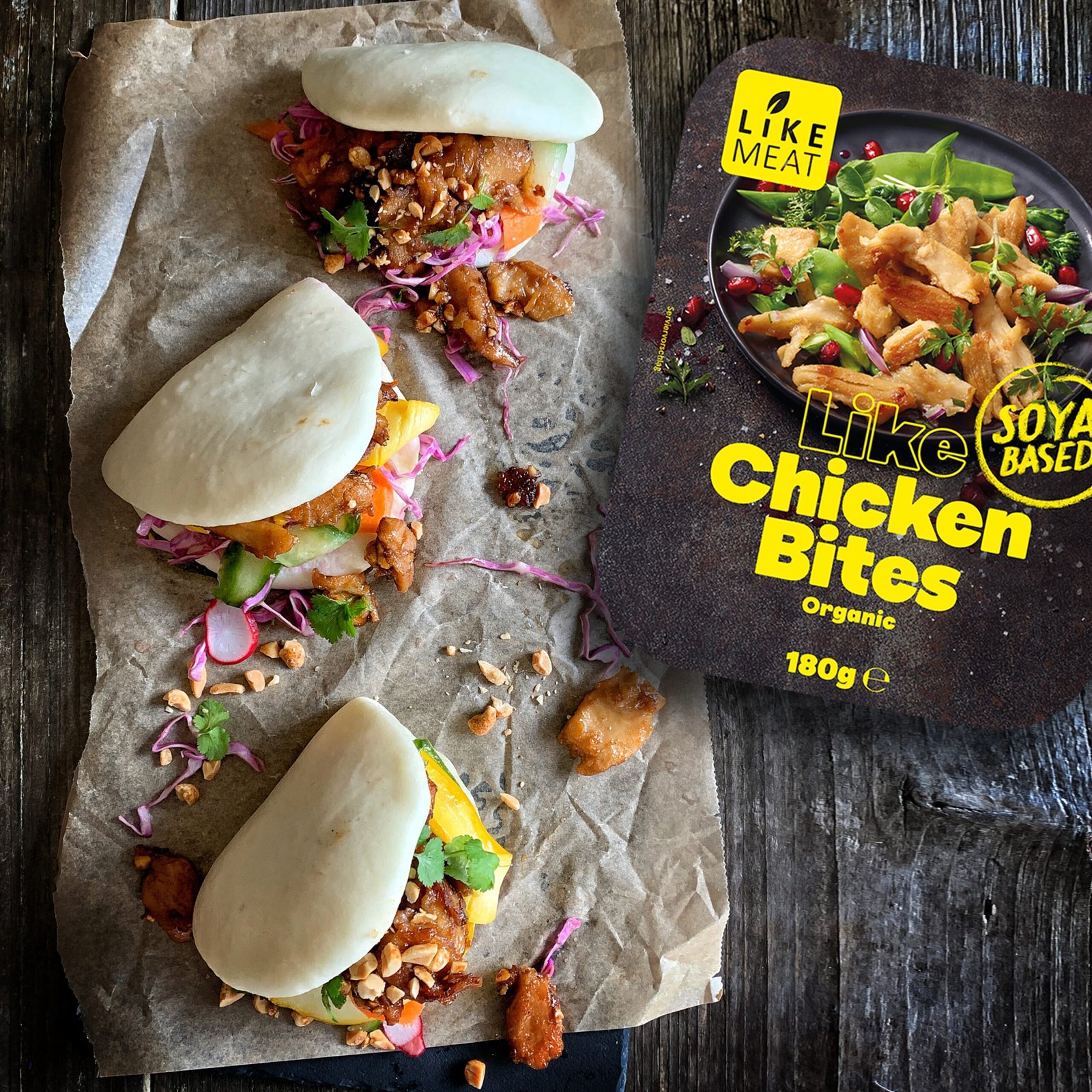The Rise of Plant-Based Meat
In recent years, the food industry, especially the meat industry, has seen a remarkable shift towards plant-based options. Driven by concerns about sustainability, animal welfare, and health, plant-based meat has emerged as a viable and promising solution. This new technology has the potential to transform the future of the meat industry, and it has offered a more sustainable and compassionate alternative to traditional animal-based products
Leading Companies in the Plant-Based Meat Industry
Many companies have successfully marketed plant-based meat, revolutionizing the way we consume protein. The leading players in this field are:
1. Beyond Meat : Known for Beyond Burger and Beyond Sausage, Beyond Meat has gained huge market share and popularity. Their products closely mimic the taste and texture of traditional meat, appealing to vegetarians and vegetarians alike.
2. Impossible Foods: Impossible Foods made waves with their Impossible Burger, which has been praised for its uncanny resemblance to real beef. Plant-derived ingredients and new technologies have been used to create a flavor and sensory effect
3. Quorn: Quorn offers a variety of meats made from a mycoprotein of a fungus. Their products, such as burgers, nuggets and sausages, have been recognized for their flavor and taste, which appeals to customers
4. Gardein: Gardein plays an important role in substituting plants for poultry, beef, and fish. Their products like fried chicken, and ground beef offer a tasty and high protein alternative for those who want to cut down on meat intake
5. Tofurky: Tofurky has been at the forefront of vegetarian meat for over 35 years. They offer a wide variety of items, including deli slices, sausages and burgers, all made with non-GMO soybeans and wheat.
Mergers, Acquisitions, and Collaborations
The plant-based meat industry has witnessed significant collaboration and investment from both traditional meat producers and venture capitalists.
In 2017, Tyson Foods, one of the largest meat producers globally, acquired a 5% stake in Beyond Meat, recognizing the potential of the plant-based market. Similarly, in 2020, Nestlé acquired Sweet Earth, a plant-based food company known for its innovative meat substitutes.
The Growing Market for Plant-Based Meat
The plant-based meat market is expanding rapidly, reflecting the growing demand for sustainable and cruelty-free meat alternatives. According to a report by MarketsandMarkets, the global plant-based meat market is set to reach $87.9 billion globally by 2032. This shows the immense potential of plant-based, market-size, and reflect meat.
Latest Research and Innovations
Research and innovation in plant-based meat continues to push the boundaries of what is possible. Scientists are looking for new materials and technologies to improve the taste, texture and nutritional value of plant alternatives. In addition, advances in cell farming, such as growing meat in the laboratory, offer exciting possibilities for future meat production.
The Potential to Replace Traditional Meat
By addressing environmental and ethical concerns associated with animal agriculture, plant-based meat can replace conventional meat in the future. Reducing reliance on animals on plant substitutes can significantly reduce greenhouse gas emissions, land use, and water use. Furthermore, the adoption of plant-based meat can improve animal welfare by eliminating the need for factory farming.
In conclusion, the growing popularity of plant-based meat products represents an important new trend in the food industry. With companies like Beyond Meat and Impossible Foods leading the way, this technology could change the future of the meat industry. As the market matures and research continues, plant alternatives may become mainstream, providing consumers around the world with a more sustainable and compassionate option.














